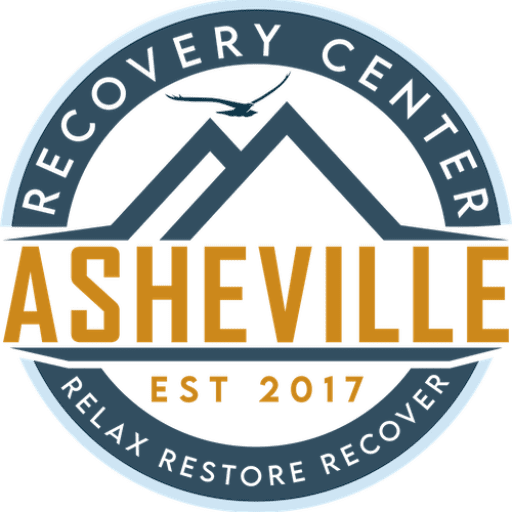There’s a lot of uncertainty surrounding drug use and abuse. Terms like drug dependency and drug addiction can be difficult to understand. That’s because some people use the terms interchangeably and some organizations define them differently. In recent years, some experts have come to reject both terms. That being said, there are commonly accepted definitions among the medical and drug treatment community. Knowing them can help you to make sense of things you read or hear. It can also help you to determine if you or a loved one needs drug addiction treatment.

Drug Dependency vs. Addiction
Drug dependence usually refers to physical dependence. This means the individual has developed a high tolerance for a substance. It also means they will experience withdrawal symptoms when they don’t get it. Tolerance is a person’s diminished response to a drug because of repeated use. It can be acute, chronic or learned. People who are physically dependent on a drug may still experience euphoria when they use it. However, they can manage their impulses and control their use.
What is addiction?
Addiction refers to a change in behavior that results from biochemical changes in the brain following substance abuse. It is now also known as substance use disorder. The addict is concerned with using a drug above all else. Therefore, they have little regard for the harm it causes to themselves or others. People who are addicted act irrationally when they don’t have the substance they crave in their system. Furthermore, they may not be able to detect when their use has become problematic or uncontrollable. Over time, their condition may affect their relationships, job, and finances.
It’s important to note that a person can be physically dependent on a drug without being addicted. A number of factors determine the likelihood that a person will become addicted to drugs. These include:
- Genetic predisposition
- A history of substance abuse
- A family history of substance abuse
- Exposure to physical, emotional or sexual trauma or abuse
- The presence of other addictive behaviors like gambling
- Drug use at a young age
There are also certain drugs that can result in dependence even though they are non-addictive. One such prescription drug is Prednisone which is used to treat allergic reactions, asthma, and other conditions. If a patient stops using it suddenly after several weeks, they may experience fatigue, joint pain, weakness, and body aches.
Meanwhile, there are drugs that are highly addictive even though they don’t produce physical withdrawal symptoms. Psychostimulants like cocaine and methamphetamine don’t cause vomiting or shaking even after prolonged abuse. However, there may be psychological symptoms like cravings, anxiety, and depression. Despite the lack of physical symptoms, chronic abusers may be addicted.
How to Determine Whether You Have Drug Dependency or Addiction
It’s pretty easy to identify if you’re dependent on a drug. You will notice withdrawal symptoms when you stop taking it. However, it’s not always easy to identify addiction. A patient who takes opioids for severe pain may become dependent. They may experience serious withdrawal symptoms when the doctor no longer prescribes the medication.
Determining whether they are seeking the drug because they need pain relief or because they’re addicted will be difficult. If they aren’t compulsively seeking out the medication in spite of harm, they aren’t addicted. Similarly, if they aren’t experiencing negative consequences like family problems or job loss, they’re probably not addicted either.
You can study your own behaviors to get an idea of if you’re addicted to drugs. If your behavior causes you to skip work or get in trouble with the law, you may have an addiction. If you’re addicted, you’ll find it impossible to stop yourself from using the drug. It’s important that you seek help if you believe you have a substance use disorder. You can talk to a trusted family member or friend or seek professional treatment directly. They will provide support and get you started on the road to recovery.

Schedule a Consultation at Asheville Recovery Center Today
If you’re looking for addiction treatment with a difference, let the professionals at Asheville Recovery Center help you. We don’t take a one-size-fits-all approach to our clients. Therefore, you can be sure you’ll be seen as an individual and treated like one. Addiction is a disease and regardless of what led you to this point, recovery is possible. We’ll help you to identify the underlying triggers for your addiction and find healthier behaviors. Call our drug addiction recovery center today to learn how we can help you or your loved one find healing.






